Nigeria meets all the criteria of vulnerability to social media abuse identified by the Kofi Annan Commission on Electoral Integrity in the Digital Age: low trust in institutions, deep ethnic, religious and regional cleavages, and highly partisan media. Nigeria also has a history of election-related violence that puts the nation on tenterhooks every five years.
To address these issues and sensitise Nigeria’s main election stakeholders in the run-up to the start of campaigning for the next general elections, the Kofi Annan Foundation and National Peace Committee (NPC) joined forces to run a workshop in Abuja, Nigeria, on the role and impact of digital technologies in facilitating peaceful elections in Nigeria. The workshop, which was supported by the Government of Switzerland, included members of the INEC, political parties, security services, media and civil society organisations active in elections.
“Social media have become a real problem for our elections,” complained Professor Abdulahi Zuru, a national Commissioner of Nigeria’s Independent National Election Commission (INEC), at the workshop.
Social Media: A double-edged sword
“Disinformation is driving dissent and threatening national cohesion,” confirmed Idayat Hassan, the director of the Centre for Democracy Development (CDD), West Africa, who explained how social media had exacerbated traditional Nigerian identity politics. “We have, to a large extent, fixed the integrity of the process, but we cannot fix the lack of integrity of some people.”
Professor Kuna, INEC’s Chief Technical Officer, explained that thanks to the many improvements in the electoral process over the past decade, elections in Nigeria have become much harder to rig. As a result, candidates and parties have to find new ways of influencing the results and manipulating public opinion via social media (as well as traditional vote-buying). “We have, to a large extent, fixed the integrity of the process, but we cannot fix the lack of integrity of some people”, Prof. Kuna concluded.
Rotimi Oyekanmi, the Chief Press Secretary at INEC, conceded that social media had helped generate renewed interest in elections, “but it is a problem that more Nigerians look for electoral results on social media than from INEC.” Oyekanmi explained that INEC has over 2 million followers on Twitter and its strategy is to counter disinformation with factual information on its platforms. But with over 250 local languages, media monitoring is a challenge.
Mitigating the risks
The workshop was divided into two distinct parts. The first, facilitated by KAF, was structured around a series of presentations and panel discussions through which national, regional and international experts shared their insights with the 60 participants. Speakers not only identified the risks posed by social media but also discussed measures that could be taken to mitigate them, drawing on international examples from Kenya, Mexico, Europe, and elsewhere.
“We will never be able to check everything, especially in a country as big and diverse as Nigeria: the key is civic education and media literacy”
META, Facebook’s and WhatsApp’s parent company, was put on the spot by some of the speakers and participants for allowing its platforms to be weaponised. Adaora Ikenze, the company’s head of public policy for anglophone Africa, was present to explain the many measures the company has taken to address these concerns since 2016. She informed the participants that META had hired 70 full-time staff to work on the upcoming Nigerian elections in the four main local languages (Hausa, Yoruba, Igbo, and pidgin) and established partnerships with local fact-checking organisations and INEC to help curate Meta’s platforms. Idayat Hassan complained that this was woefully inadequate for a country the size of Nigeria, with its violent electoral history. David Ajikobi, the head of Africa Check’s Nigerian office, stressed that “fact-checking is no silver bullet.” “We will never be able to check everything, especially in a country as big and diverse as Nigeria: the key is civic education and media literacy”, he opined.
Political pledges: more effective than laws?
The second part of the workshop, run by the NPC, explored how workshop participants could revise the pledges that parties and candidates sign ahead of the campaign season under the aegis of the NPC, to include this new dimension of social media. Prof. Zuru, INEC’s national commissioner, stressed the critical role these pledges had played in defusing tensions since their first edition in 2015, with the help of Kofi Annan himself. Father Atta, the head of the NPC’s secretariat, highlighted the deterrence effect a digital component to the pledges might have on online campaigning. “It is the logical next step in our work”, he concluded.
“The moral and political persuasion of such pledges could therefore be more effective than new laws.”
The Kofi Annan Foundation shared the digital pledge it had facilitated ahead of the recent Kenyan elections as a possible template. The Foundations’ Senior Programme Manager Declan O’Brien and Programme Officer Karen Zamberia joined Franklin Mukwanja, Executive Director for the Centre for Multiparty Democracy (CMD-Kenya), to present their work on the pledge in Kenya and to examine its relevance for Nigeria with workshop participants.
Workshop participants analysed the NPC pledges of 2015 and 2019 and discussed possible improvements. Much of the discussion turned on enforcement mechanisms or lack thereof. Father Atta explained that the pledges were based on existing legislation, which is more honoured in the breach than the observance. The moral and political suasion of such pledges could, therefore, be more effective than new laws.
While the workshop was taking place, Parliament was organising public hearings on a proposed bill to set up a new watchdog, which would have the power to prosecute violations of electoral law. This monitoring body could be a game-changer for Nigeria. Still, even if it passes, the new body is unlikely to be up and running in time for the February 2023 elections.
Based on this workshop, the National Peace Committee will prepare a new draft pledge, including an online campaigning component, to present to party leaders and presidential candidates. The aim is to sign the new and improved pledge before the official start of the electoral campaign season on 29 September, even though campaigning has already started…online.
Courtesy: The Kofi Annan Foundation
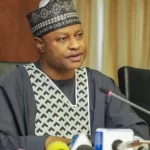
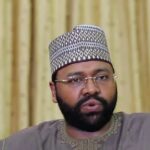
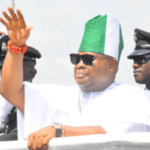
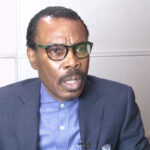
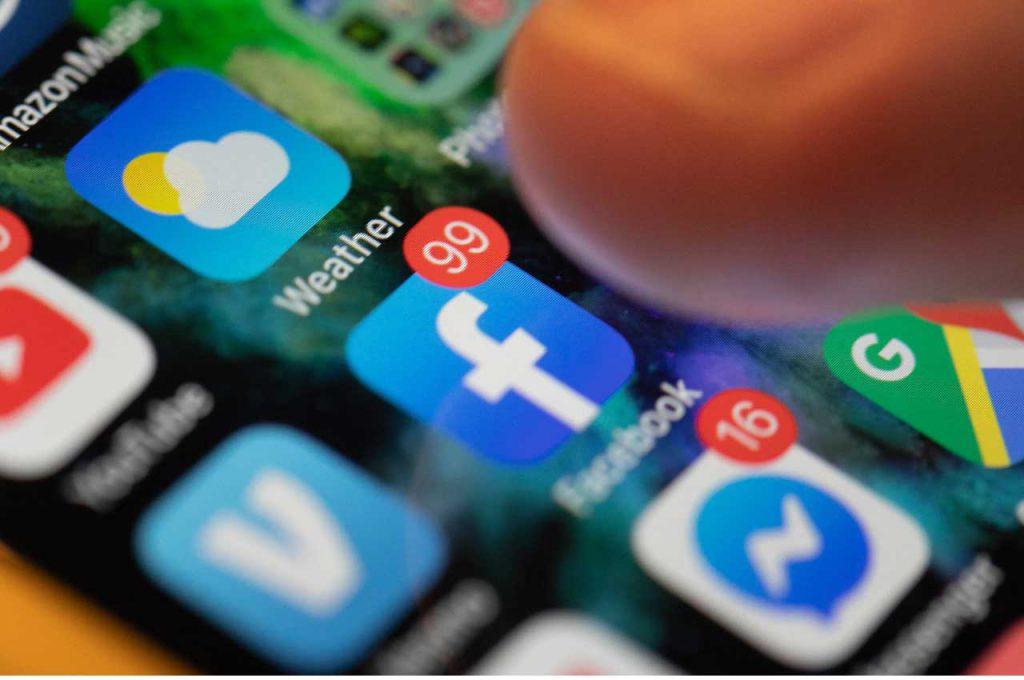
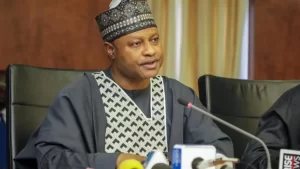
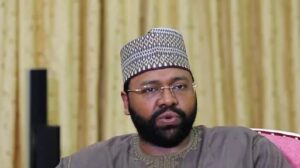
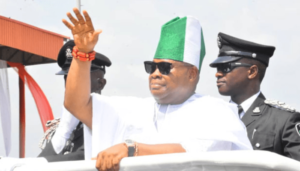
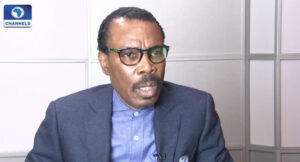
More Stories
What if Farotimi’s allegations are not false
Governor Otti unveils new era of development for Ohafia with landmark bill signing
Nigeria feeds citizens’ bodies to pigs